How Interior Design Enhances Mental Health, Well-Being, and Self-Care
Your home is more than just a place to live—it’s a space that affects your mental health, mood, and overall well-being. Studies show that interior design choices like color psychology, natural materials, and personalized decor can reduce stress, boost happiness, and even improve productivity.
Interior design is a type of art therapy - a soothing flow where people are given the tools to express themselves and channel their emotions creatively. People can start a design project from scratch with complete autonomy and freedom in their styling, and come to feel the reward of completing a space that is totally unique.
Similar to Feng Shui which uses energy forces to harmonize individuals with their surrounding environment, digital interior design lets people find balance virtually. The sense of escapism reduces the claustrophobia that the pandemic has induced in many people, and has very real impacts on people's wellbeing. Here's how:
How Interior Design Promotes Self-Care & Emotional Well-Being

Self-care is about deliberately nurturing our mental, emotional, and physical health - something interior design facilitates because it exudes softness, personalization, and orderliness, and gives people back a feeling of control. It can also be a healthy form of distraction from daily stresses. In fact, one DecorMatters user noted that our "app took the focus of my brain from the pain to a fun place."
Elsewhere, color therapy, known as chromotherapy, dates back as far as the Egyptians, who used color frequencies to heal physical and emotional problems within the human body. The practice is still used today - albeit in a more subtle manner - as colors can provoke calm, warmth, and stillness in people. This power is maximized even further by the fact that humans do their best mental work when they feel safe, and interior design is literally about constructing shelter to protect us.
Realization is also a big part of interior design, whereby people piece together and enjoy a finished version of something, which reinforces productivity. Another DecorMatters user told us that they are battling with mental illness and a fairly severe heart condition and that their days "would be very boring without the extreme pleasure and creative outlet they get from interior design." Someone else said that "the app is so therapeutic" and that they "love to be creative and see design come to life."
Interior design can be the inspiration that people need to make the changes they conduct online into a reality. Whether that's bringing the exact design to life or making a few small fixes to their home based on the project. What this transformation does is instill confidence in people, and reassure them that they have unexplored talents. One user let us know that "one day I’d love to do this professionally and this app gives me the opportunity to perfect myself in different rooms with challenges."
Looking for more ways to design a relaxing home? Read our guide on Color Psychology in Interior Design to learn how colors impact mood and well-being.
Finding Community: How Interior Design Connects Like-Minded People

Designed by @minta on the DecorMatters App
Finding a tribe or a sense of belonging is crucial to everyone's health because it provides support and motivation. In interior design communities, there are whole networks for people to swap ideas, share experiences, and build meaningful relationships (even despite the physical distance). What's more, all this can be harnessed digitally with a few taps of your phone.
For instance, a DecorMatters community member told us that it's "such a blessing to have a great creative outlet as well as a place to admire other users' designs and socialize with them." Meanwhile, another person added that they are home a lot due to a chronic illness but that the DecorMatters app is "a form of relaxation and meditation" and that they "love fellow designers and their amazing designs." This feedback highlights how interior designers at every level boost one another up, celebrate others' work, and shape a caring space.
Even more, the community can give insider tips about converting a hobby into a career. Many people have lost their jobs in the pandemic and others are contemplating a move into a new industry. Naturally, taking that step requires guidance and confidence that the community can offer. At the same time, gamification in interior design removes the pressure of having to perform, making users feel good about their progress and capabilities; it additionally makes committing to the craft easier. One DecorMatters' app user wrote that interior design is "more than just a game...it’s become a way of life for many of us."
Piecing items together will always be restorative for both the mind and body. That's why interior design isn't simply a side-hustle or a slice of entertainment, it's a process that can actively help people. Design is essentially thought, and interior design provokes deep, purifying thoughts.
Ready to experience the therapeutic benefits of interior design? With the DecorMatters app, you can explore creativity, connect with a like-minded community, and bring your dream spaces to life. Start designing today—download the DecorMatters app now and transform your well-being through design!
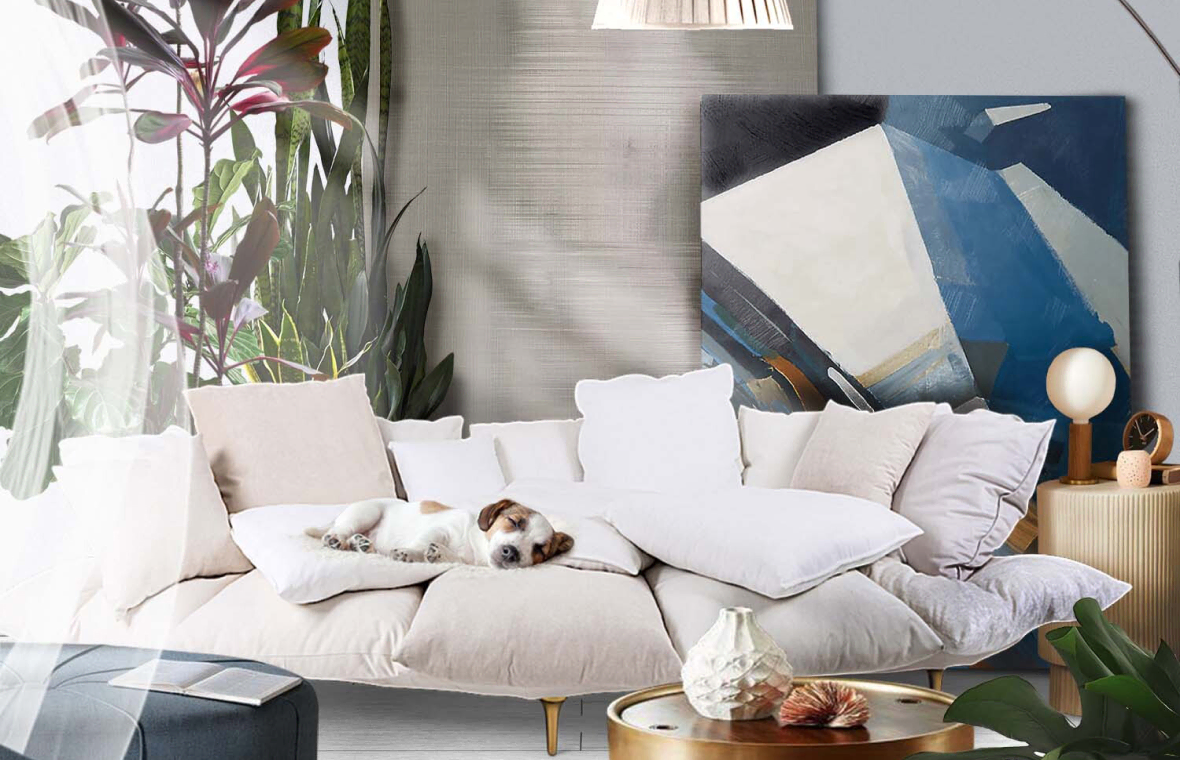
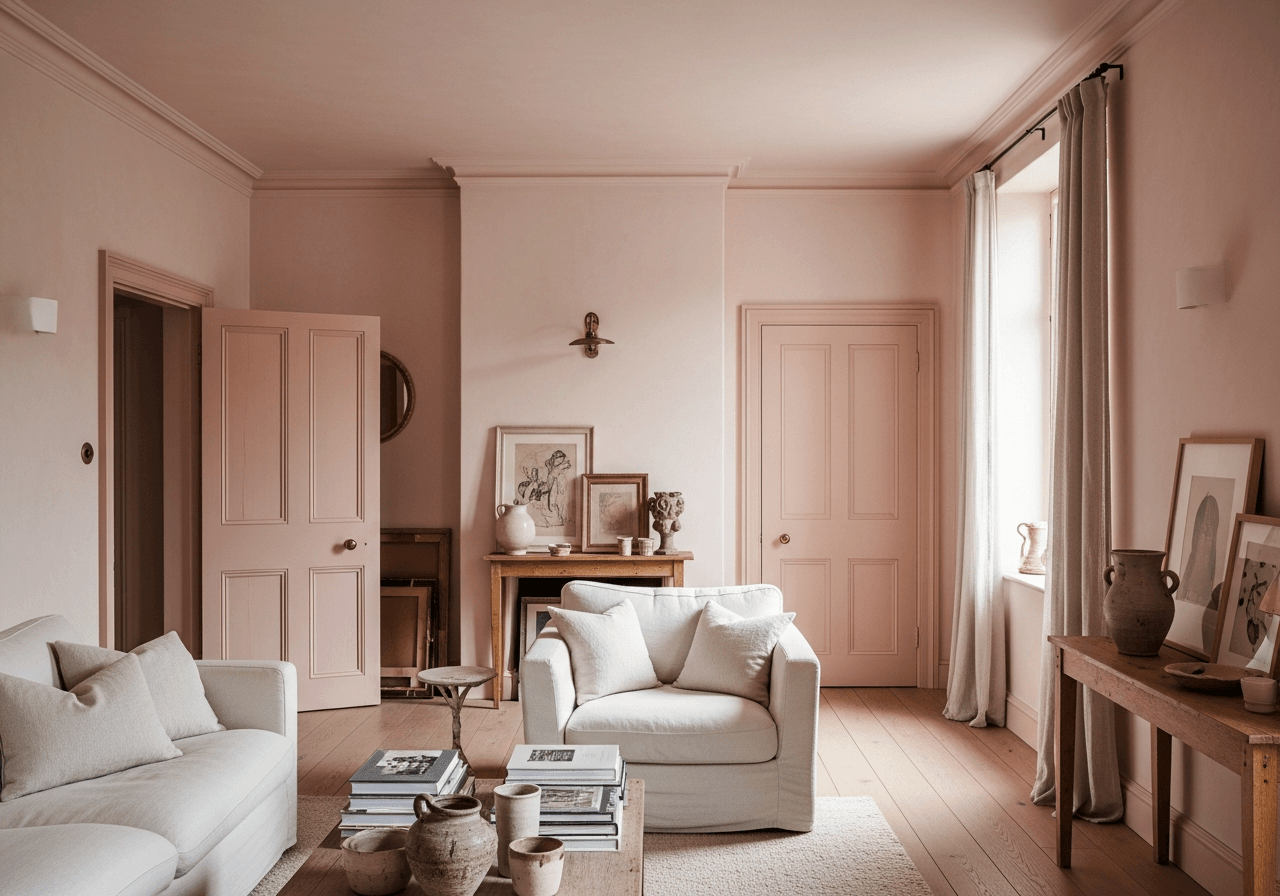
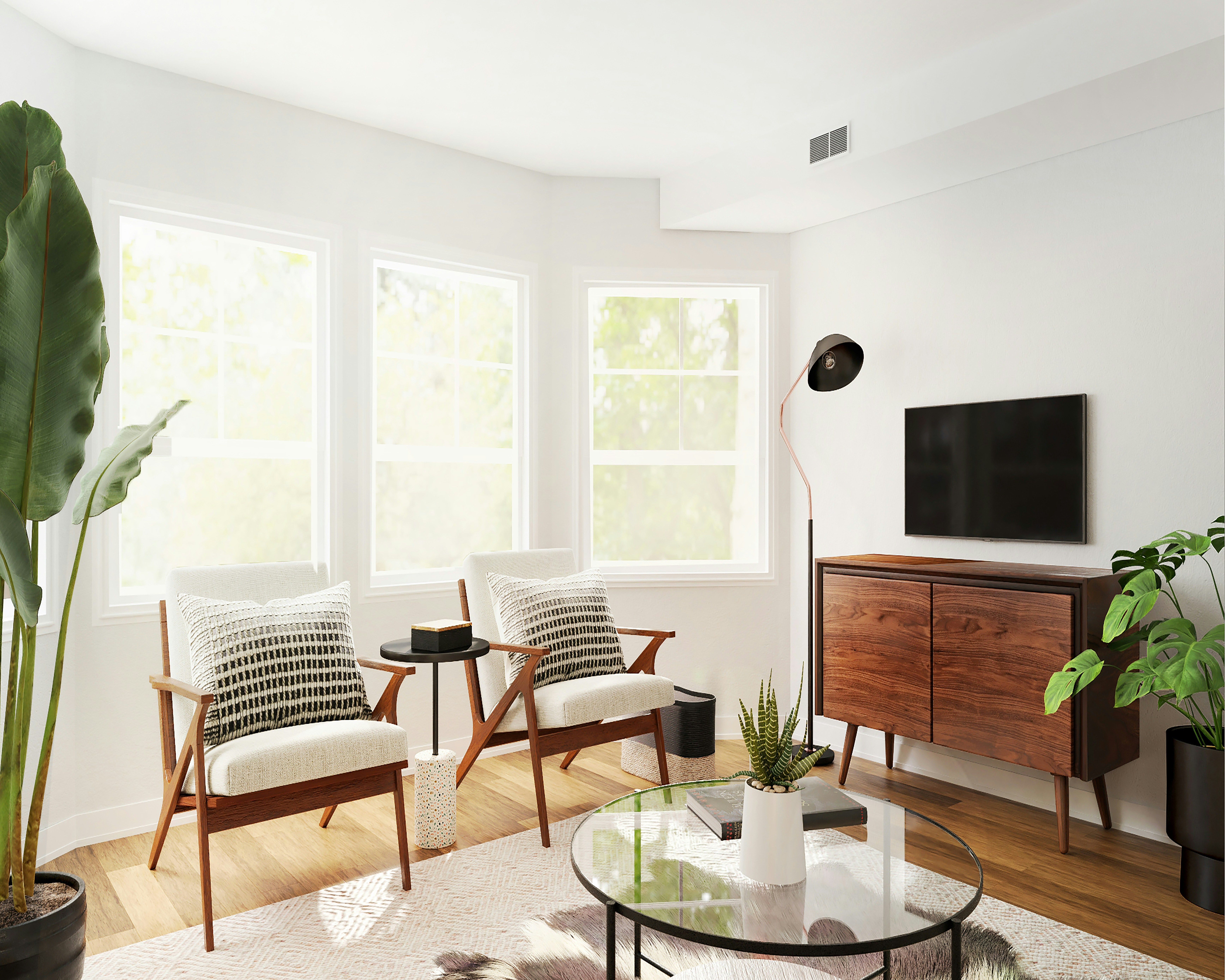
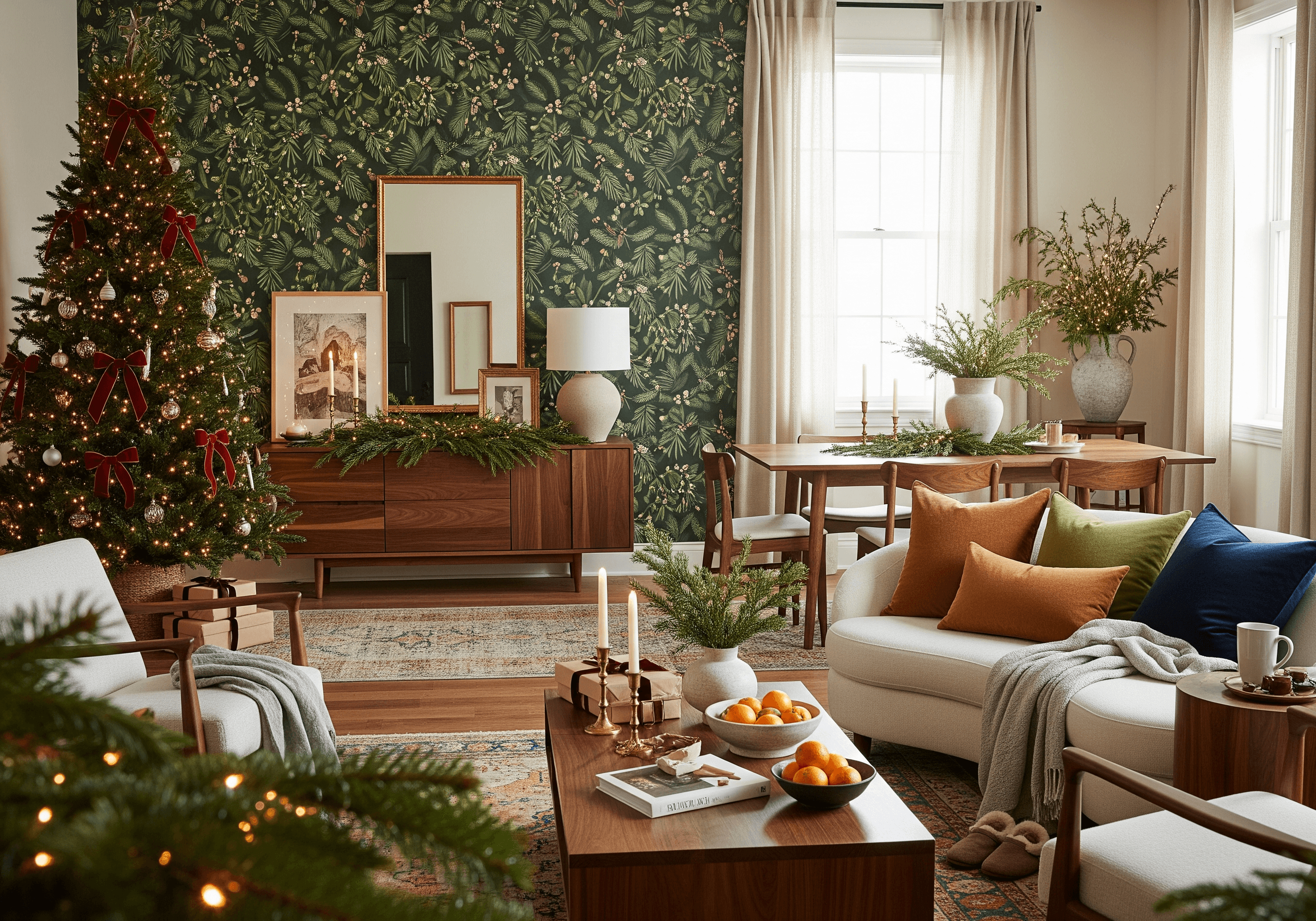
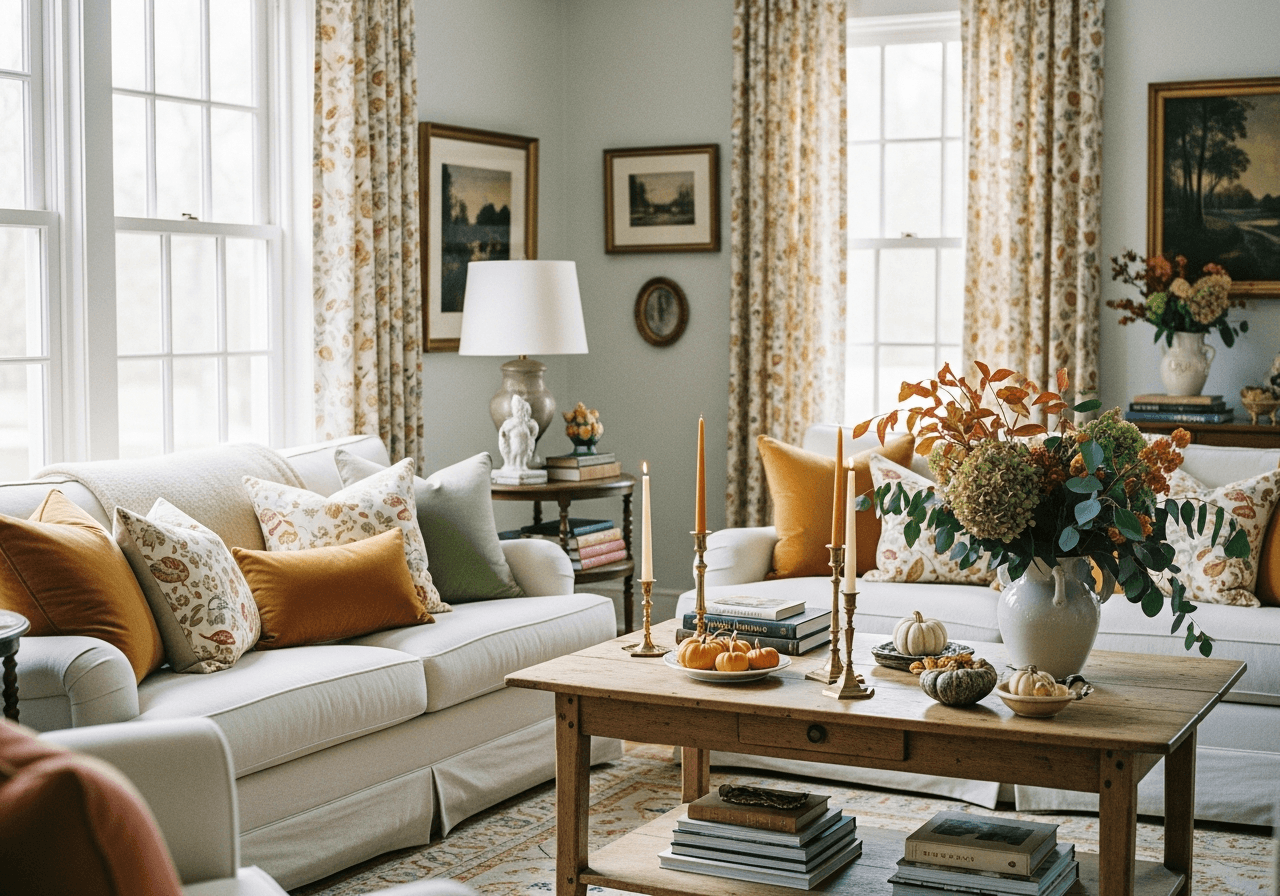
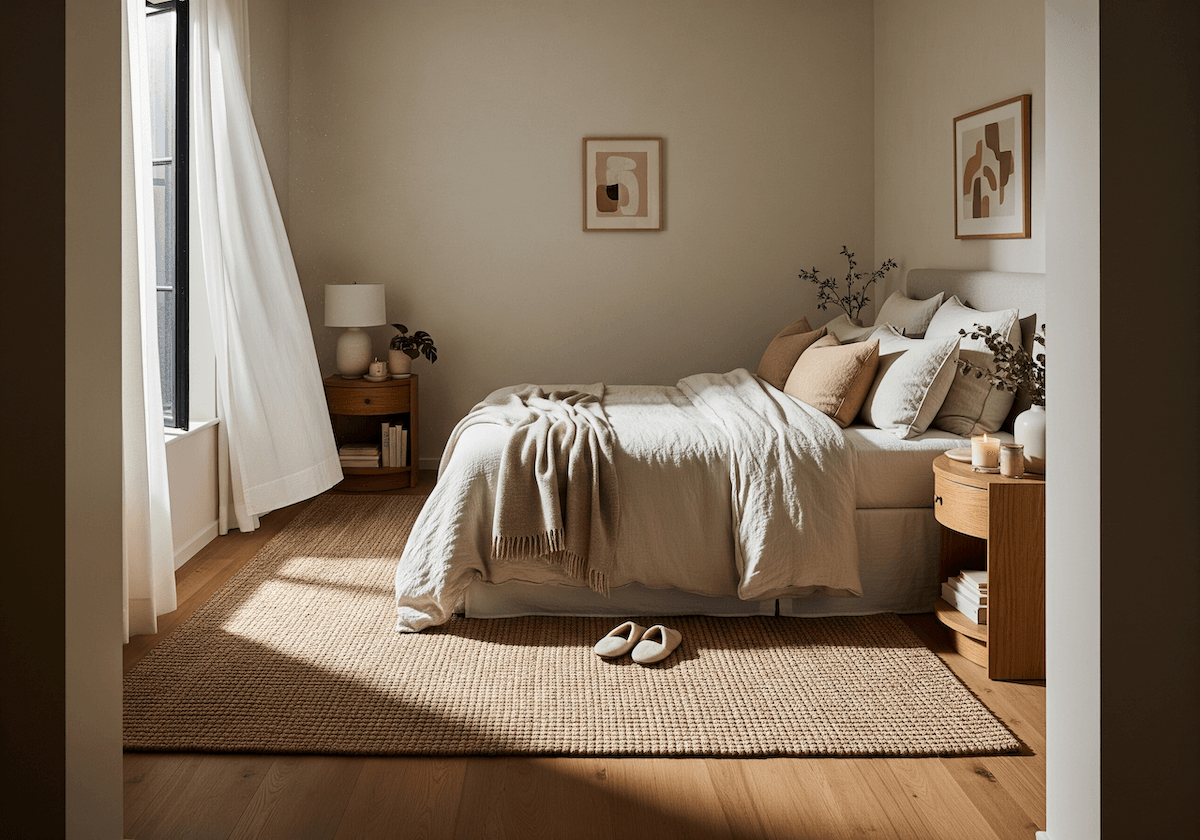
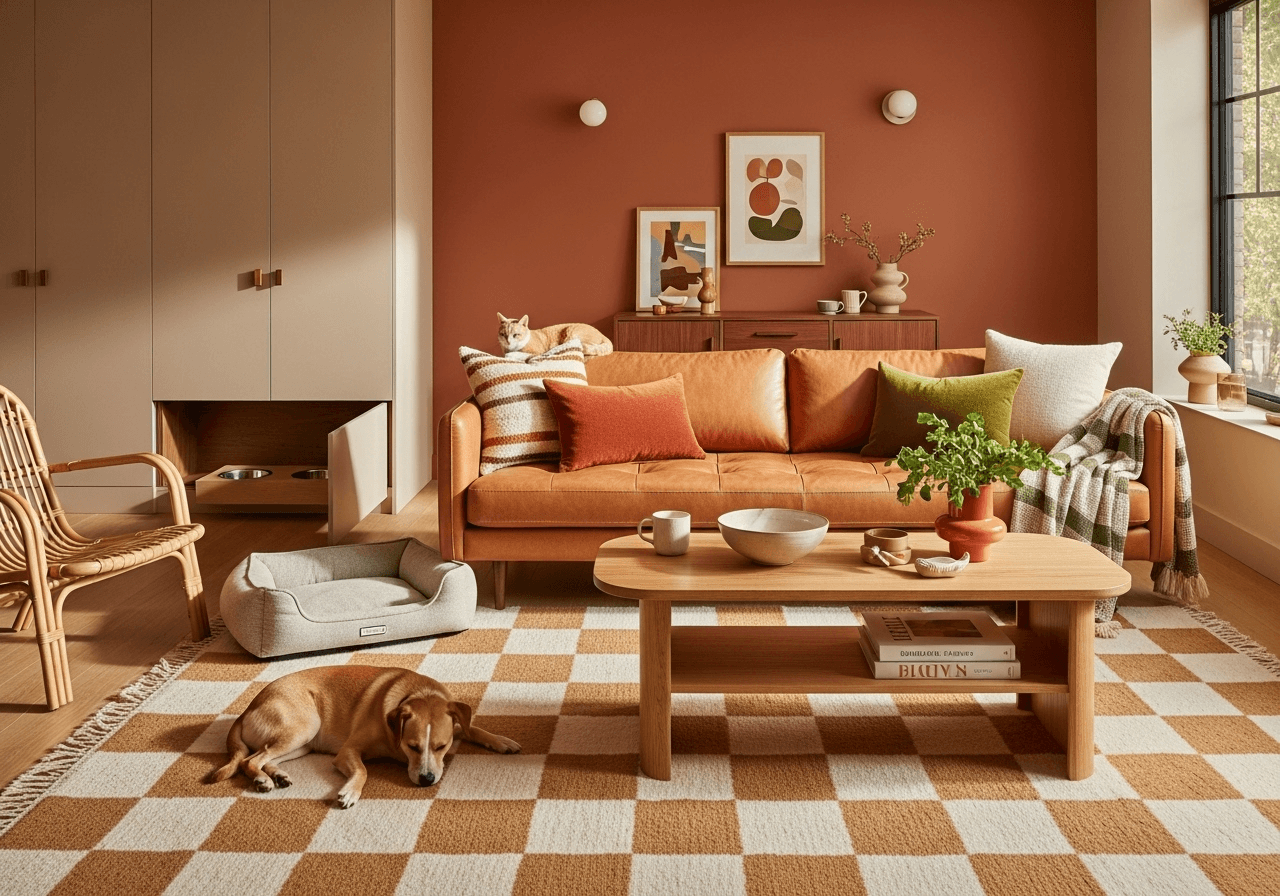


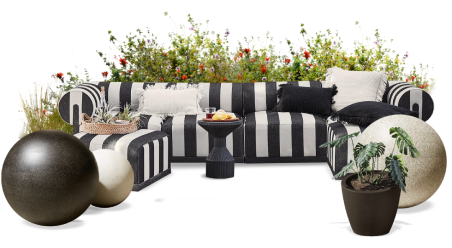
 20h left
20h left


